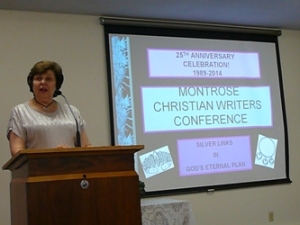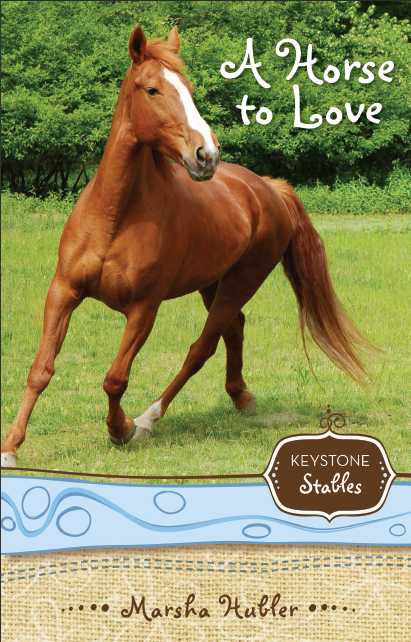Getting the Most Out of a Writers Conference
I suppose by now if you’ve followed any of my blog posts, you know I’m an ardent proponent of writers conferences. My personal preference is Christian writers conferences, but you can glean expertise from secular conferences as well. So, what can you do to get the most out of any writers conference you attend? Let’s look at a few key reasons why you should attend writers conferences:
- The first and most obvious reason is to attend conferences that best meet your needs to help you IMPROVE your writing. Other than joining a local critique group, attending writers conferences is going to provide you with the most excellent training you can receive. Do an online search and find those conferences that offer workshops focusing on your genres of interest. If you’re writing children’s picture books, why would you want to attend an adult fiction and romance conference?
 Well, you say, conferences are expensive. That’s true, but they’re worth every penny you spend to learn your craft better and possibly land you a book contract or a sale. If you apply what you learn at conferences, you WILL eventually be published.
Well, you say, conferences are expensive. That’s true, but they’re worth every penny you spend to learn your craft better and possibly land you a book contract or a sale. If you apply what you learn at conferences, you WILL eventually be published.
I’ll never forget the first conference I attended about 20 years ago. It was a Saturday conference on the PA/MD border. My hubby drove me there, and while I went to the workshops, he read books and newspapers and took a nap in the car. (God love his little pea-picking heart.) When I arrived at this conference, I thought I understood a little about writing. Well, I did understand A LITTLE about writing. I came home vowing to get to as many writers conferences as I could from that moment on because I admitted that I knew practically nothing about writing and publishing. It was an alarming day of revelation that I’ll never forget.
- 2. Secondly, and this is a no-brainer, attend as many conferences as possible, whether it be for one day or a week. And when you get there, go to as many classes as you can. Conference directors spend untold hours planning a schedule that gives the conferees invaluable information in the workshops. If you’re a beginner and you’re not sure which direction your writing is taking you, then go to a variety of different genre workshops and see if any of them challenge you to start a new project in a brand new genre. Who knows? That might be just the place your writing skills will jive and you’ll create a winner!

3. At the conference, plan to meet with editors and/or agents to have them review your work. Many conferences provide the opportunity for you to do this one-on-one (sometimes for a fee or many times as a perk). It’s a golden opportunity to possibly snatch a contract from a publishing house or pick up an agent who would represent you. Four of the book contracts I’ve had over the years resulted from meeting the editors at writers conferences. The least that might happen, which is still important, is for the editors/agents to suggest revisions that might make your manuscript publishable down the road.
4. Enjoy the fellowship of other writers. This is one of the best perks you’ll receive when you attend writers conferences. You’ll get to meet other people who are as “strange” as you are. Let’s face it. Writers are odd ducks, and, if you’re like the rest of us, your family and friends probably try to encourage you, but they really don’t understand you nor your passion to sit in front of a computer screen, possibly for six months to a year, writing a manuscript that might never see itself on a book store shelf or on Amazon. Only other writers understand the burning desire deep in your soul to get that story out before you burst. The writer friends you make at writers conferences will become life-long friends who will be there for you to  congratulate you in your successes and cry with you in your failures. The Internet has made the world so much smaller, which places these new friends only an e-mail or Facebook message away.
congratulate you in your successes and cry with you in your failures. The Internet has made the world so much smaller, which places these new friends only an e-mail or Facebook message away.
So there are four main reasons why you should consider attending writers conferences. I guarantee if you do make a habit to do so, you’ll come home a different person every time, determined more than ever to become a successful, published author.
Believe me, I know.











